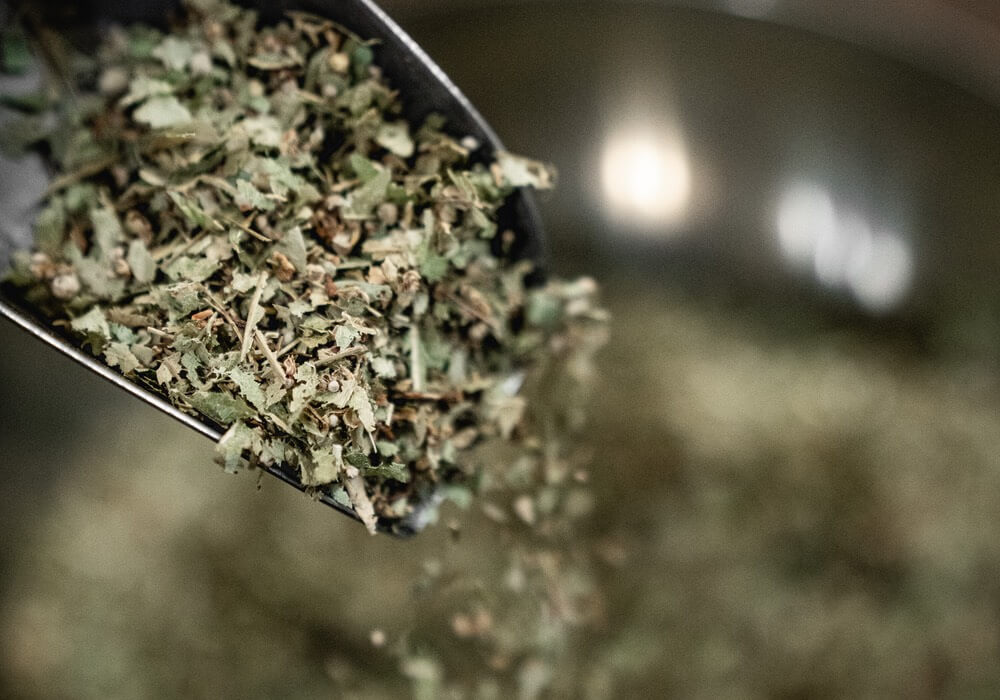Thanks to its antioxidants, cistus tea strengthens our immune system. We have summarised everything you need to know about the effect and use of this medicinal tea.
Cistus contains various plant substances such as phenolic carboxylic acids, flavonoids and the essential oil sesquiterpenes. The antioxidant potential of cistus is due to its high polyphenol content, which is three times greater than that of green tea and four times greater than that of vitamin C. Polyphenols are secondary plant substances with a high antioxidant effect. This means that they protect against free radicals and inhibit inflammation. Thanks to the antioxidants it contains, cistus tea protects our cells from premature ageing and prevents disease. You can find out more about the immune-boosting effects of Cistus here.
What is cistus and how does it work?
Cistus tea is made from the leaves of the cistus rose. Despite its name, the cistus has nothing in common with roses, because the cistus isa small bush native to the Mediterranean region. In hot summers, the cistus simply folds up its leaves and waits for the next rain. It can remain in this inconspicuous form for months. There are a total of 20 different species. Medicinal tea is made from the Cretan rockrose. It feels particularly at home in Mediterranean regions.Cistus contains various plant substances such as phenolic carboxylic acids, flavonoids and the essential oil sesquiterpenes. The antioxidant potential of cistus is due to its high polyphenol content, which is three times greater than that of green tea and four times greater than that of vitamin C. Polyphenols are secondary plant substances with a high antioxidant effect. This means that they protect against free radicals and inhibit inflammation. Thanks to the antioxidants it contains, cistus tea protects our cells from premature ageing and prevents disease. You can find out more about the immune-boosting effects of Cistus here.
What does cistus tea help with?
- Cold and flu effect: Ensures that pathogens do not multiply further.
- Inflammation of the mouth and throat: As a mouth rinse, the tea can unfold its antiseptic effect.
- Acne and neurodermatitis: Carefully dab onto affected areas and allow to act.
- Beautiful skin: Applied to the entire face, cistus tea provides a radiant complexion and smoother skin.
- Stomach and intestinal complaints such as diarrhoea: here, cistus tea protects the intestinal surface. The antibiotic effect of the medicinal plant also helps.







